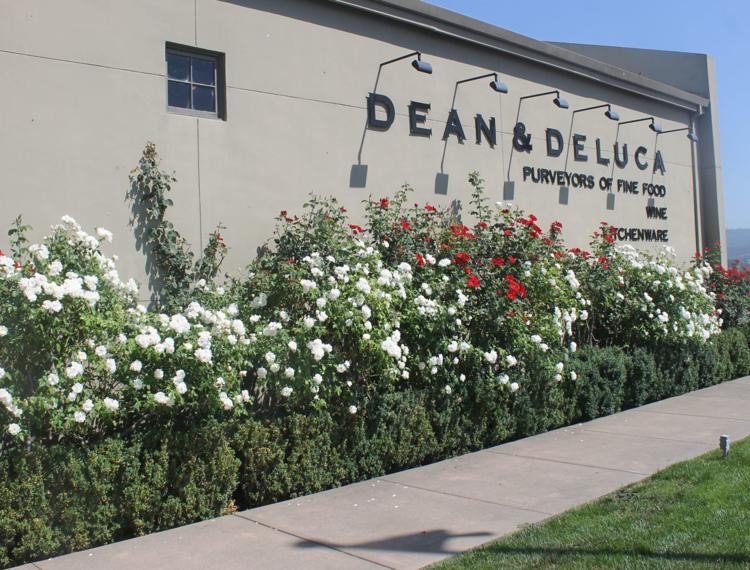When You Are Left Holding the Bag (and the Bad Debt)

The recent closing of Dean & DeLuca in St. Helena has impacted many local businesses, including wineries who may have had outstanding invoices due from the luxury food and wine store at the time of the closing.
While there have been numerous reports and articles about the demise of its parent company, Pace Development (owner since 2014), no official bankruptcy proceedings are currently underway. In interviews as recent as July, Sorapoj Techakraisri, the company’s chief executive has maintained his intention to pay vendors for amounts owed.
So what is a Napa winery to do about those customer invoices that remain unpaid (and probably past due) on their books? For income tax purposes, the winery must prove that a debt is worthless in order to take a bad debt deduction.
The IRS offers the following “identifiable events or facts” which might substantiate a claim of worthlessness when a debtor has:
- Serious financial reverses
- Insolvency (Author’s note: A taxpayer is insolvent when total liabilities exceed total assets.)
- Abandonment of business (Author’s note: not just abandoning a store location.)
- Bankruptcy or receivership
Based on Pace Development Corporation’s reviewed financial statements published in August of 2019 by EY’s Bangkok office, the company’s assets exceed their liabilities. The company is not insolvent as of the date of the report.
Wineries with unpaid invoices due from Dean & DeLuca should therefore wait until the end of 2019 to determine if the bad debt can be written off as uncollectible at that time.